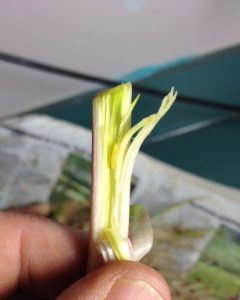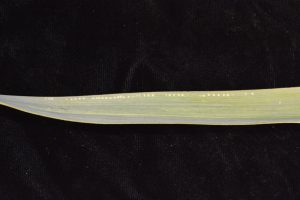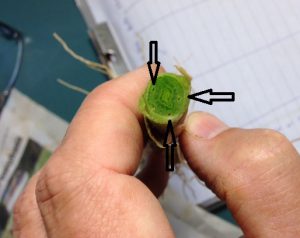The 2018 NJ State Ag Convention and Trade Show will be open February 6-8 at the Harrah’s Resort and Waterfront Convention Center in Atlantic City. The final version of the educational program developed by Rutgers NJAES Cooperative Extension faculty and staff in conjunction with the Vegetable Growers Association of NJ and the NJ Dept of Ag has now been posted at njveggies.org/convention. In addition to the agenda of educational sessions and workshops, you will find links to membership/registration and meal reservation information. As in the past, Tuesday and Wednesday programs are chocked full of concurrent sessions mornings and afternoons, followed by a day of more intensive workshops on Thursday. Please pay special attention to that day’s Food Safety and Fumigation Certification workshops that require separate pre-registration. Instructions are detailed in each of those workshop agendas.
A special added feature of this year’s convention will be a produce buyers discussion panel moderated by NJDA Division of Markets Director Tom Beaver in the Trade Show area at 5pm on Tuesday afternoon.
If you will be attending as a delegate to the policy sessions of the State Board of Agriculture, a separate program and registration materials are available from the NJ Department of Agriculture’s website.
Looking forward to seeing you there!






